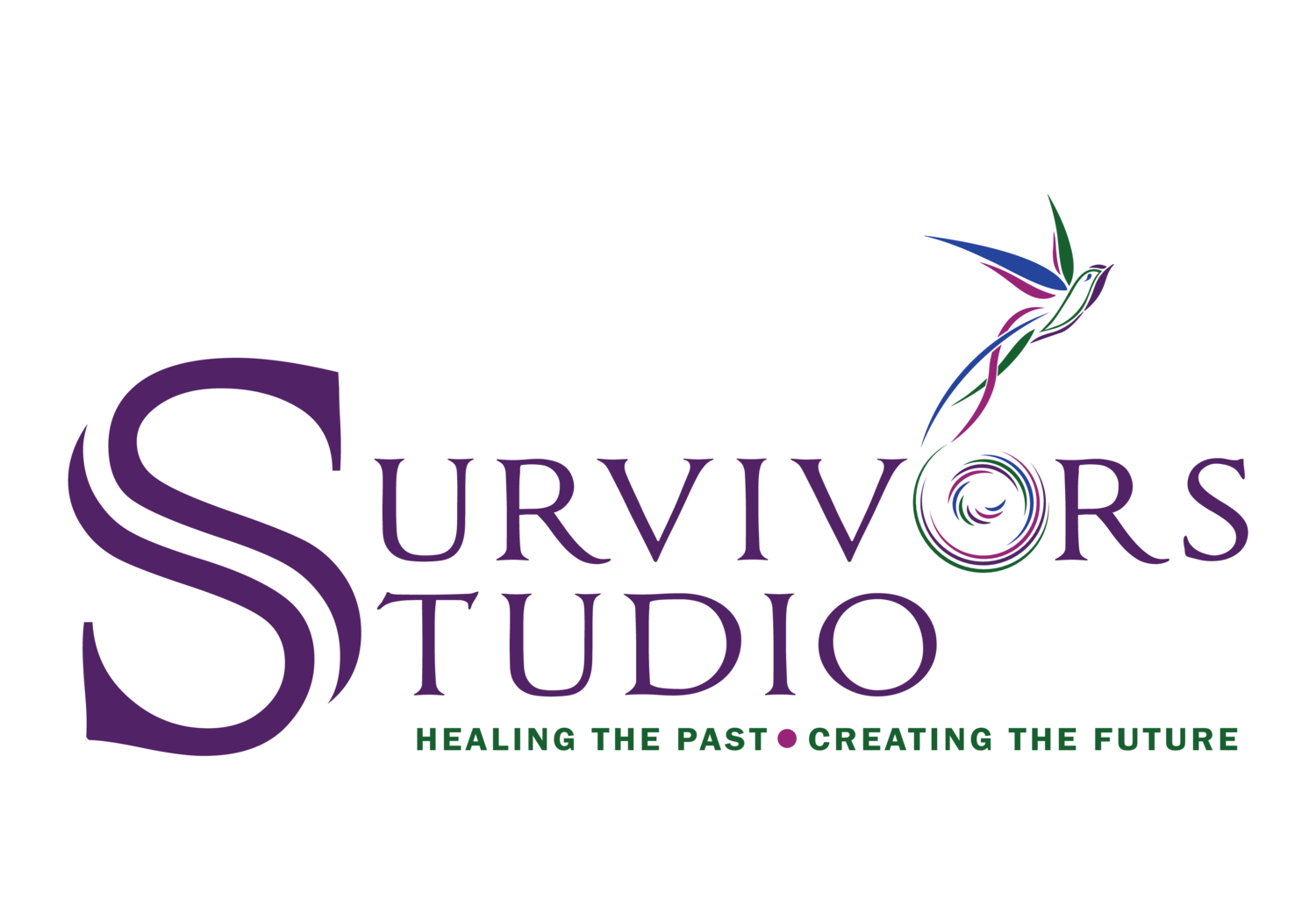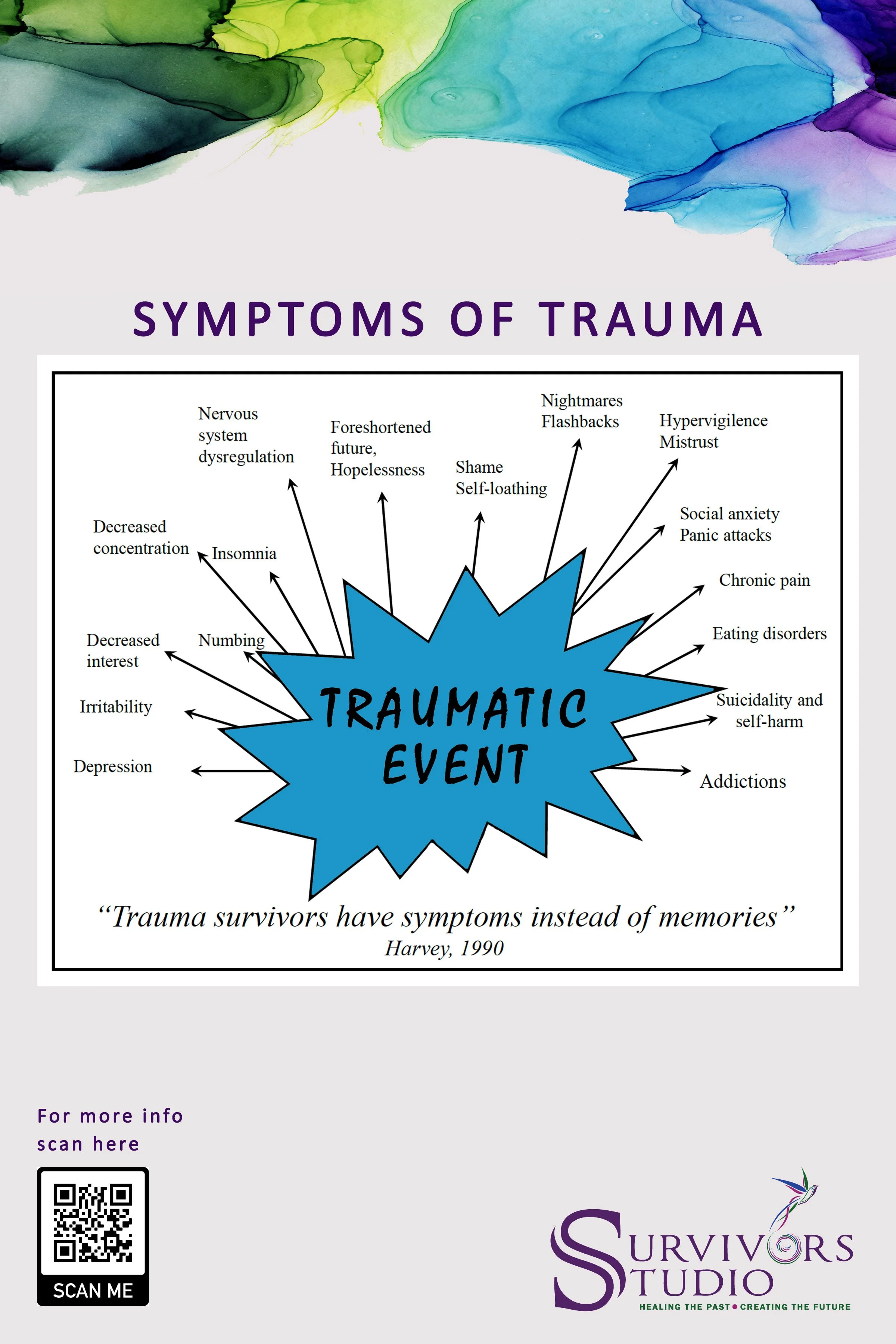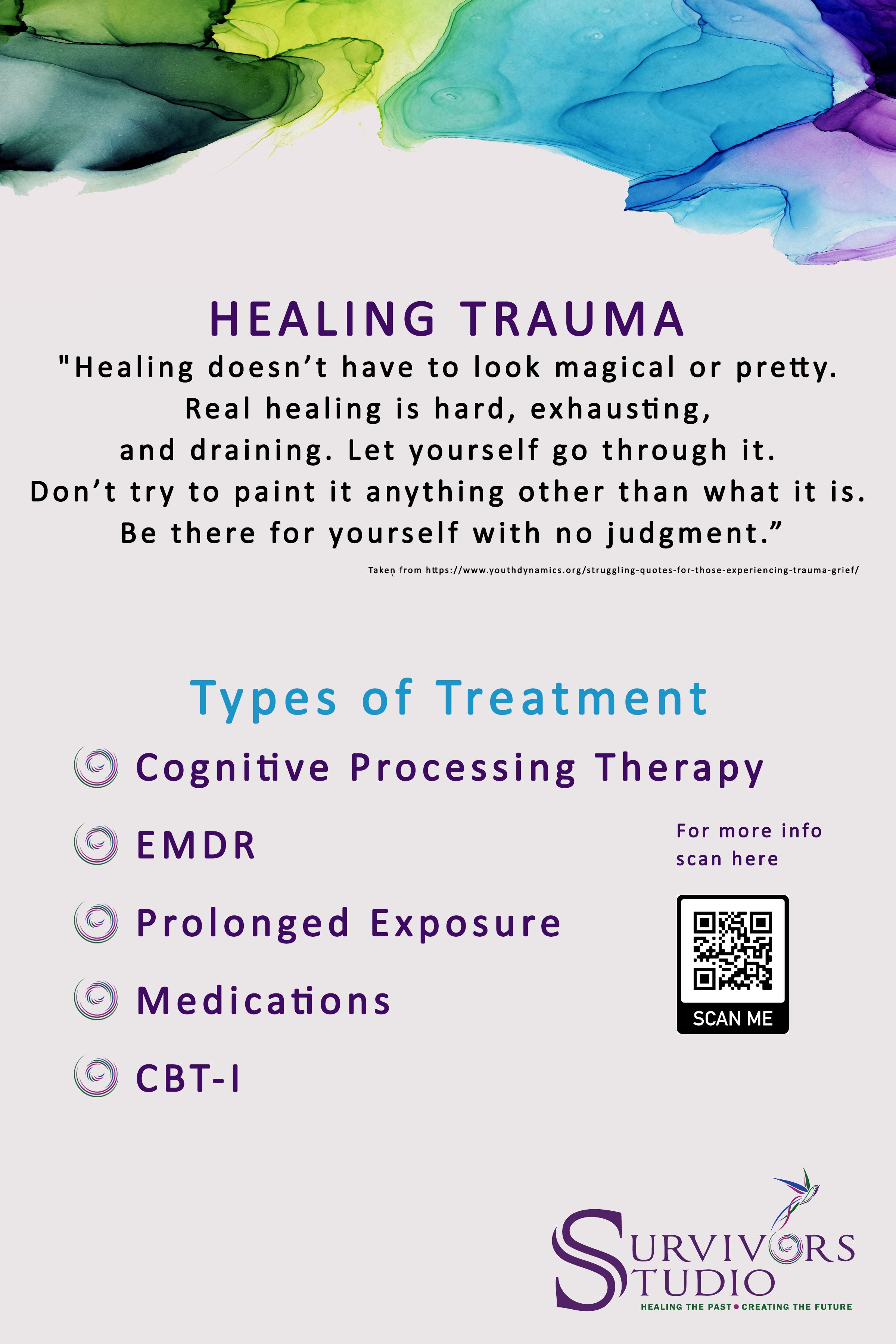
“Triggers are like little psychic explosions that crash through avoidance and bring the dissociated, avoided trauma suddenly, unexpectedly, back into consciousness.”
― Carolyn Spring
Trauma is the response to a deeply distressing or disturbing event that overwhelms an individual’s ability to cope, causes feelings of helplessness, diminishes their sense of self and their ability to feel a full range of emotions and experiences.
70% of adults in the U.S. have experienced some traumatic event at least once in their lives. That’s roughly 223.4 million people, and that number grows every day.
In public behavioral health, over 90% of clients have experienced trauma.
The most common traumas are childhood abuse or neglect, witnessing violence, war and other violent acts, accidents and natural disasters, medical interventions, losing a loved one, and physical, emotional, or sexual abuse.
As the number of traumatic events experienced during childhood increases, the risk for the following health problems in adulthood increases: depression, alcoholism, drug abuse, suicide attempts, heart and liver diseases.
Trauma impacts every area of people’s lives and functioning, including the ability to take care of daily living activities, the ability to be a good parent, and the ability to work and be a functioning member of society.





